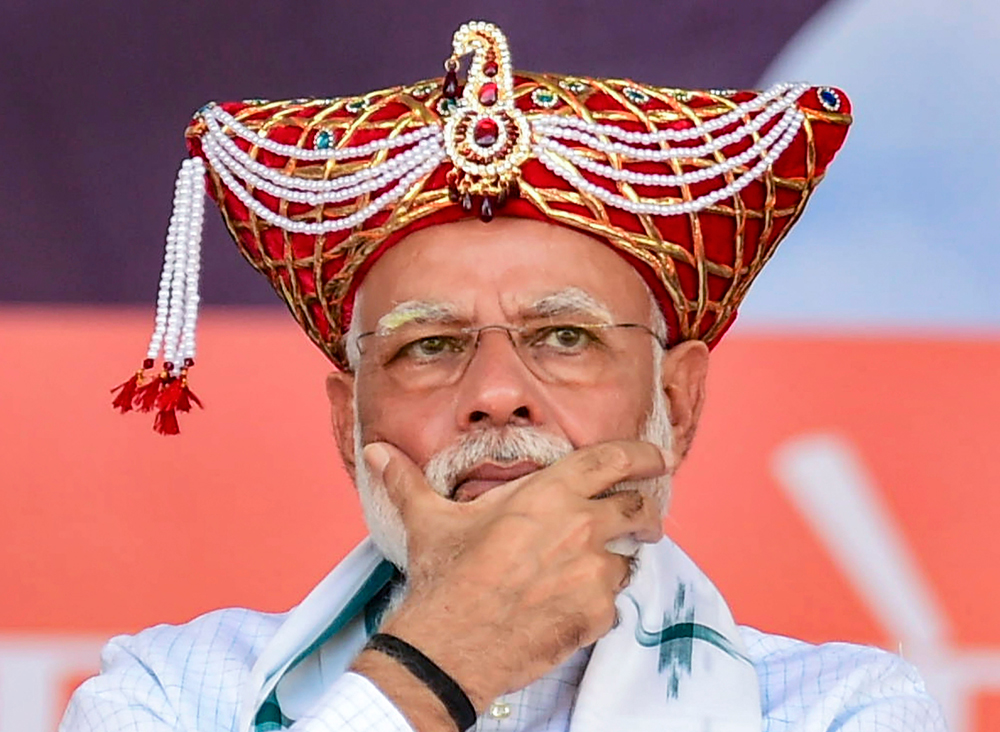Statistics can distort facts and conceal twisted truths. When the Narendra Modi government changed the foreign direct investment policy subjecting equity fund flows from nations sharing a border with India to close scrutiny, it was obvious that the goal was to stop China from grabbing control of Indian companies whose valuations had collapsed after the coronavirus-induced crisis. China ranks nowhere among the top source countries for FDI flow into India. The top five nations are Mauritius, Singapore, Japan, the Netherlands and the United States of America. India received FDI worth $456 billion between April 2000 and December 2019, with Mauritius accounting for almost $142 billion. China has protested against the discriminatory treatment, arguing that the decision violates the World Trade Organization’s principles of fair play. China also claims that its cumulative investment in India was $8 billion till December 2019, presumably suggesting that there is no cause for alarm.
The two sides are clearly fencing with each other. The fact is that Mauritius, Singapore, Cyprus and the United Arab Emirates, all of which rank among the top 10 source nations for FDI, are actually staging posts at the end of a maze of interwoven corporate entities housed in tax havens that make it hard to extract information about the real owners. It will be tough to resist overtures from China, which has foreign exchange reserves of over $3 trillion — more than six times India’s pool of $476 billion. The top four banks in the world ranked by assets also come from China. Many of these State-owned institutions have extended loans to businesses in India on extremely attractive terms. It is hard to say whether the latest change in the FDI policy will cover foreign portfolio investments routed through a myriad entities whose holding structure remains opaque.
There is also some debate over how this will impact investments flowing through Hong Kong, a special administrative region in South China that enjoys a measure of autonomy. Hong Kong has always had close ties with India with many Indians living in that economic enclave. That is the reason why 12 Indian banks have branches there. Hong Kong has a robust securities market that Indian firms access. It also serves as a hub for cross-border payments between India and China. The change in stance could jeopardize these long-term relationships. A clampdown on equity investments from the dragon nation can easily be circumvented through loan covenants. If the real objective is to stop China from gaining control of Indian companies, Indian firms must be stopped from accessing commercial loans as well. Since the disclosure of provisions is not necessary in these covenants, they become effective instruments of control — and that could defeat the Centre’s objective.











